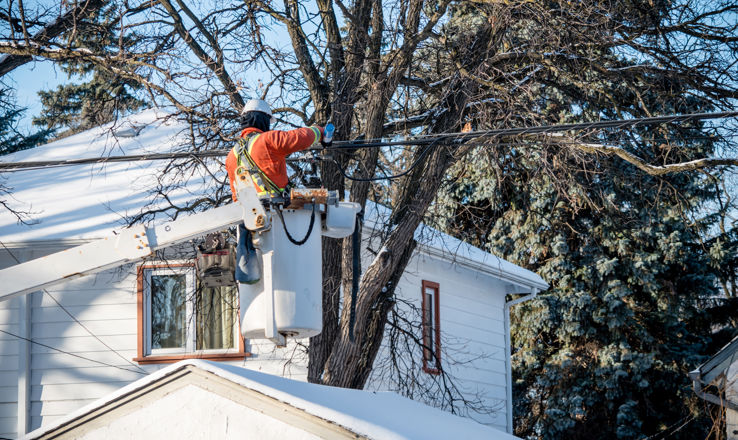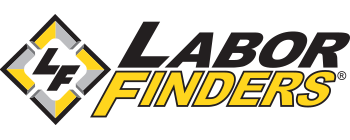-
Job Seekers
X
Job Seekers
Whether you're looking for a temp job or a permanent career, Labor Finders has you covered!
-
Explore
- How it works
- Industries
- Blog
- Locations
- Job Search
You May Also Be Interested In

2024 Employee of the Year
Learn more about our amazing Employee of the Year
-
-
Employers
X
Employers
Let us help you find the workers you need, when you need them.
You May Also Be Interested In

2024 Staffing Trends Quiz
Construction Staffing Trends Quiz
-
Industries
X
Employer Industries
Ready to staff your next project? Our staffing experts has the knowledge and the workers to cater to your unique staffing needs.
In this Section:
Job Seeker Industries
From construction to waste management, we have job openings in whatever industry you’re interested in.
In this Section:
-
About
X
About You
Getting matched to the right job, gaining the flexibility you want, making an impact in your community - at Labor Finders, it’s all about you!
-
You may also be interested in
- About Us
- Job Search Results
- Find an Office
- How it works
- Blog
About Us
With almost 200 offices nationwide, we’ve been putting people back to work for over 40 years. See why we’re a leader in the blue-collar staffing industry.
-
You may also be interested in
- About Us
- Media Center
- Video Library
- Leadership Team
- Careers
- In The Community
- History
-
- Location
Employment Readiness
Get a Career as a Line Repairman and Installer

Telephone companies, cable providers, and internet businesses rely on overhead lines to deliver their services to customers. That’s why being a line repairman and installer is a great electrical career to get into. According to the Bureau of Labor Statistics there will be 245,300 people working in this job by 2026. Here’s a breakdown of what these electrical workers do, how to get started, and the skills you need to excel in this career.
The Job Responsibilities of Line Repairmen and Installers
It’s pretty common to see line repairmen and installers working on the overhead lines in your neighborhood. Their job is to install and repair electrical, telecommunications, and cable lines for the companies that own them. Installation starts with digging underground trenches where a utility pole will go. They will use heavy equipment like trenchers and cable plows to do that. Once the pole is up, they get up there and string the wires. If these line installers specialize in fiber optic cables, they would install these systems down in the trench itself.
As for repair work, these workers not only maintain lines but the equipment they need to work. That type of equipment include fuses, insulators, transformers, capacitor banks, and the poles themselves. Line repairmen access and troubleshoot the equipment and make the necessary repairs or replacements.
Learn about these other great electrician careers.
How to Get Started as a Line Repairman and Installer
Before you can jump in a bucket truck, you’ll need to complete an apprenticeship program. These programs offer classroom training in topics like systems operations, basic metering, and rigging. You’ll also get in the field training where you’ll learn things like how to climb telephone poles, operate electrical equipment, and safety procedures. While it isn’t necessary to get a certification, it can give you a leg up on other applicants going for the same job. Organizations like the Electrical Training ALLIANCE and The Fiber Optic Association offer specialized certifications.
The Skills You Need in This Career
Successful line repairmen and installers have certain skills that make them great at what they do. The first is physical stamina. They have to be able to work for long periods of time whether it’s in a bucket truck or holding onto an electrical pole. They need to be strong enough to lift heavy materials and equipment. Successful line repairmen know how to work well with their crewmembers and look out for their safety as well as their own. Another skill they have is great color vision. Line repairmen and installers need to be able to distinguish the different colored electrical wires while working. Unafraid of heights, the flexibility to work various shifts, and the ability to travel to job sites are also skills you need in this line of work.
Our personal job agents can help you get started in this hot electrical career. Click here to find one near you.















